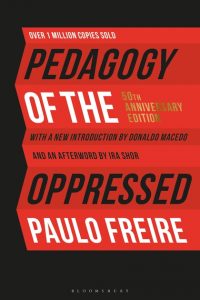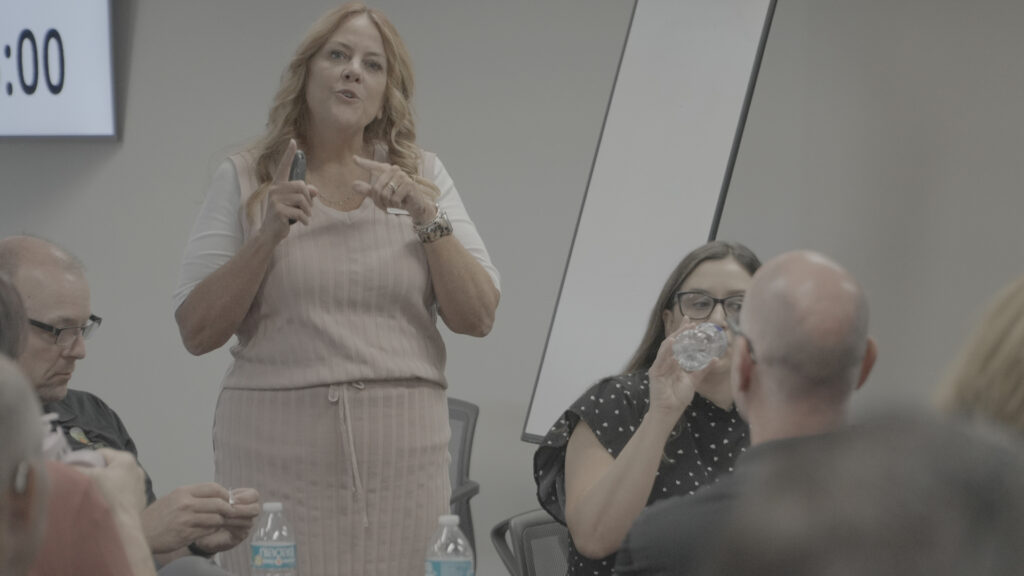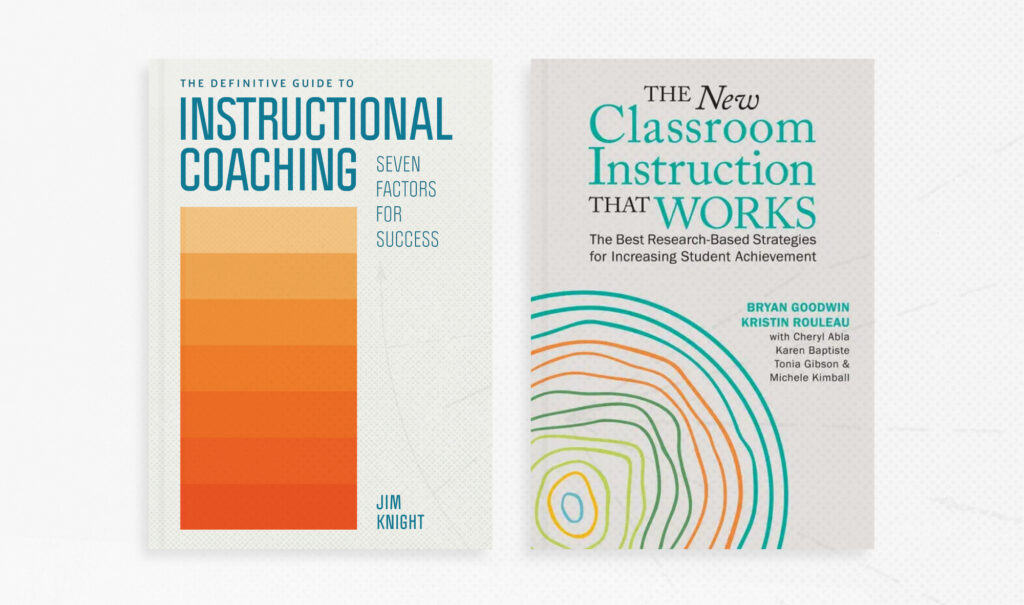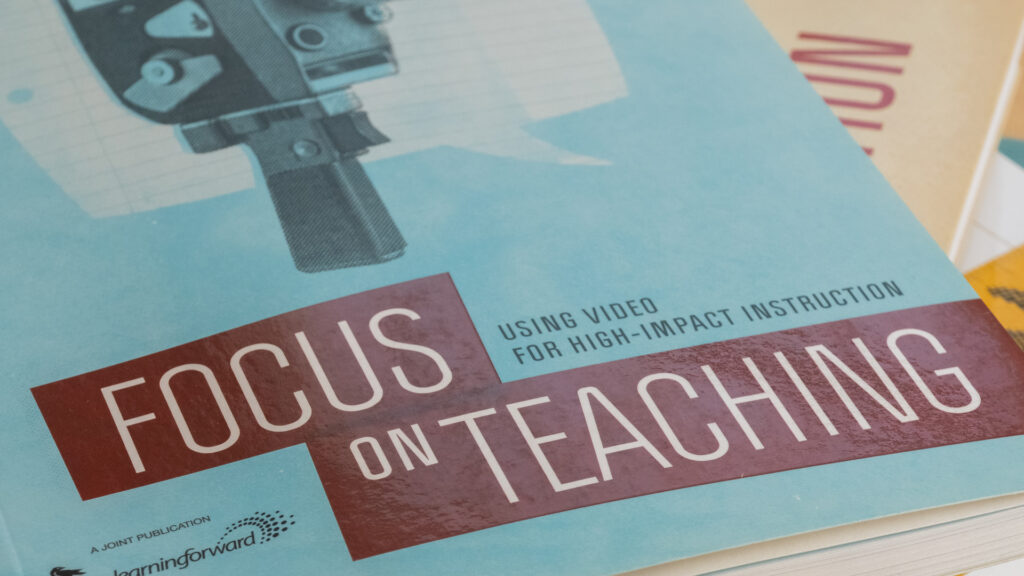Below is a summary of my article in the Summer 2020 issue of Principal Connections.


Paulo Freire’s book, Pedagogy of the Oppressed, has deeply affected and challenged me since I first encountered it my undergraduate studies. Freire’s writing has impacted ICG’s partnership approach to coaching, and dialogue and trust are central to our work as coaches. Freire argues that in order for dialogue and trust to flourish, love, humility, and faith are required. Below, I’ve included a quick summary of a recent article I wrote for Principal Connections discussing the importance of each of these concepts.
Love
“[Love is] engaging your will for the good of another.” – Dallas Willard, former philosophy professor, University of Southern California
This definition of love lays the foundation for trust and is the only way to create dialogue. If a conversation is motivated by one person’s desire to manipulate the other, it is not actually dialogue. The heart of a dialogue is each conversation partner’s mutual desire for what is best for each other, or simply put: love.
Humility
If we go into conversations with our minds made up or with the idea that we need to impart wisdom, dialogue and trust will not follow. Since dialogue is a back-and-forth, we need to remain open to changing our opinions. A true desire to hear what people have to say – instead of putting them in their place – will lead to a more dialogical way of being.
Faith
If we don’t believe that a person can and wants to do good, teachers can feel defeated, stop thinking for themselves, and start simply going through the motions. If we want to have a dialogue, we must believe that our partners have something to teach us.
Trust
“False love, false humility, and feeble faith in [people] cannot inspire trust.” – Paulo Freire, Pedagogy of the Oppressed, p.80.
Trust is established by dialogue, but if love, humility, and faith are not present, it will be destroyed. These conditions for dialogue and trust can be applied practically in coaching situations. If we sense hesitation in people, reflection on our own expression of love, faith, and humility can ensure that the stage is properly set for true dialogue and trust.
For further concept summaries from Paulo Freire’s Pedagogy of the Oppressed and their real-life applications, read the following blog posts:


























